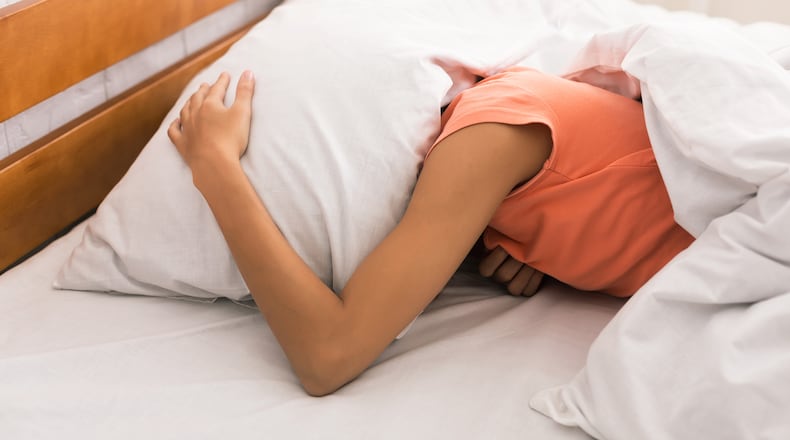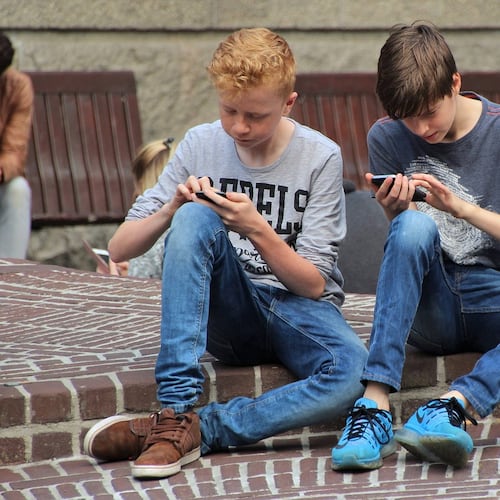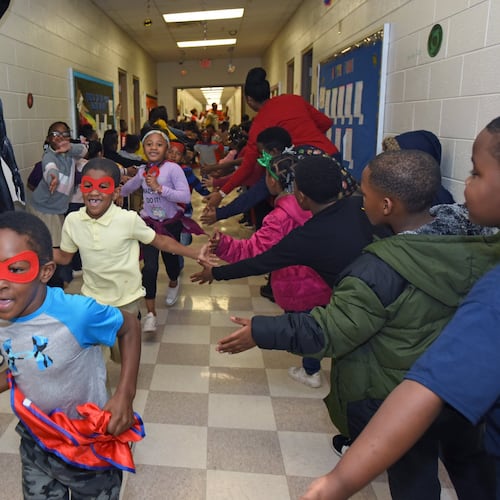A sobering recent public health advisory from the U.S. Surgeon General depicts American parents under siege, with grim statistics to back him up.
Surgeon General Vivek H. Murthy cites a survey where 41% of parents say they are so stressed most days that they can’t function, compared to only 20% of adults without children under 18. While COVID-19 added to the stress, Murthy notes parental anxiety was rising before the tumult and isolation caused by the pandemic.
The advisory says: “In addition to the traditional challenges of parenting — protecting children from harm, worrying about finances, managing teenagers who are searching for independence — there are new stressors that previous generations didn’t have to consider. These include the complexity of managing social media, parents’ concerns about the youth mental health crisis, and an epidemic of loneliness that disproportionately affects young people and parents, just to name a few.”
Murthy calls for greater cultural respect for parenting and greater recognition of the critical role mothers and fathers play in society. But he also calls for policy changes, including:
Bolster support for child care financial assistance programs such as child care subsidies, child income tax credits, universal preschool and early childhood education programs.
Establish a national paid family and medical leave program and ensure all workers have paid sick time.
Create more spaces such as community parks and green spaces where parents, caregivers and families can interact and engage. Invest in programs, policies and places that cultivate social connection.
Ensure parents and caregivers have access to comprehensive and affordable high-quality mental health care.
Strengthen and establish school-based support programs.
Screen parents and caregivers for mental health conditions. Universal screenings can be done in primary care settings, at prenatal and postpartum visits, and in urgent care settings and emergency departments.
As a father, Murthy said raising his own two children has been joyful but also stressful. The advisory urges parents to find support and camaraderie where they can, through formal networks such as school-based groups but also in their neighborhoods. In a 2021 survey commissioned by Cigna, about 65% of parents and guardians, and 77% of single parents in particular, experienced loneliness, compared to 55% of nonparents.
“Many parents and caregivers I’ve met say it’s not easy to ask for help when everyone is grappling with hectic schedules and when it feels as if other parents have it all figured out,” wrote Murthy in a New York Times essay last month. “As hard as it is, we must learn to view asking for help and accepting help as acts of strength, not weakness.”
About the Author
Keep Reading
The Latest
Featured



